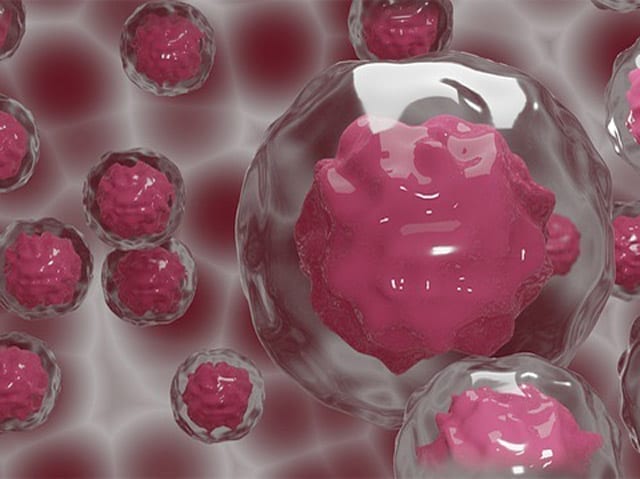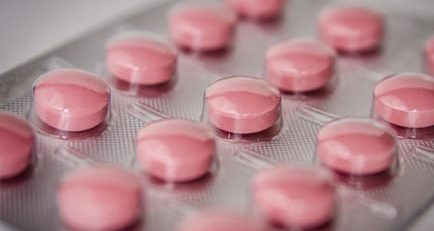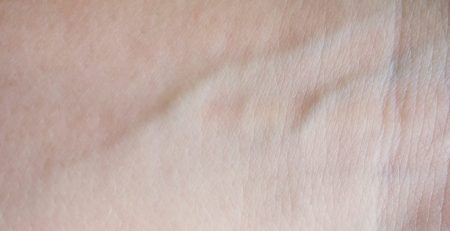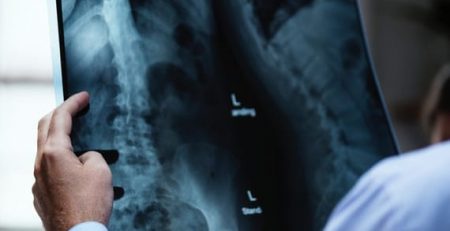Stem Cell Serve as Solution to Hair Loss
A new clinical trial has uncovered a way to use stem cells to initiate hair growth in people who have lost their hair, IFLScience.com reports. The treatment involves a topical solution applied to the scalp, correcting the common type of hair loss known as androgenetic alopecia (AGA), a condition caused by genetic, hormonal, and environmental factors.
“Recent studies have shown that ADSCs [adipose tissue-derived stem cells] promote hair growth in both men and women with alopecia. However, no randomized, placebo-controlled trial in humans has explored the effects and safety of adipose-derived stem cell constituent extract (ADSC-CE) in AGA. We aimed to assess the efficacy and tolerability of ADSC-CE in middle-aged patients with AGA in our study, hypothesizing that it is an effective and safe treatment agent,” Sang Yeoup Lee, M.D., Ph.D., of the Family Medicine Clinic and Research Institute of Convergence of Biomedical Science and Technology, Pusan National University Yangsan Hospital in South Korea said in a statement.
Dr. Lee led the group of researchers who recruited 38 patients (29 men and 9 women) with AGA and assigned half to an intervention group that received the ADSC-CE topical solution and half as a control group that received a placebo which they applied to their scalp twice daily using their fingers. At the end of 16 weeks, the group that received the ADSC-CEs had a significant increase in both hair count and follicle diameter.
“Our findings suggest that the application of the ADSC-CE topical solution has enormous potential as an alternative therapeutic strategy for hair regrowth in patients with AGA, by increasing both hair density and thickness while maintaining adequate treatment safety,” Dr. Lee said. “The next step should be to conduct similar studies with large and diverse populations in order to confirm the beneficial effects of ADSC-CE on hair growth and elucidate the mechanisms responsible for the action of ADSC-CE in humans.”
Read the full study in the journal STEM CELLS Translational Medicine.














